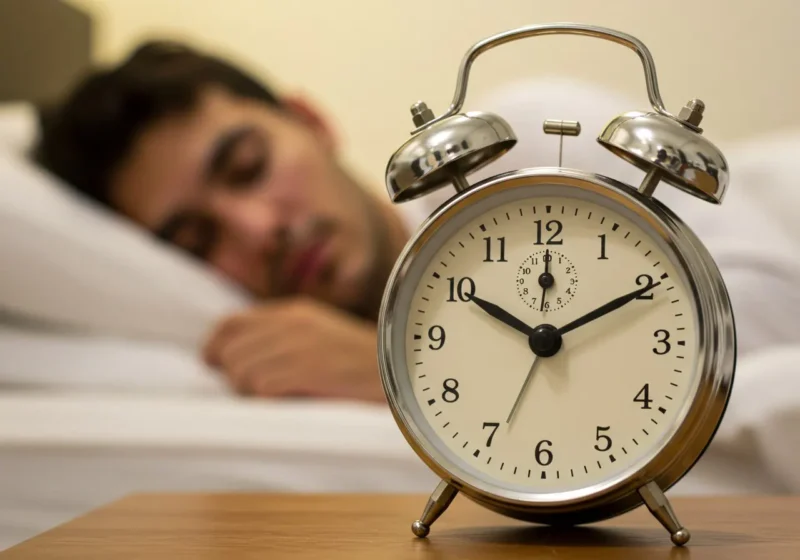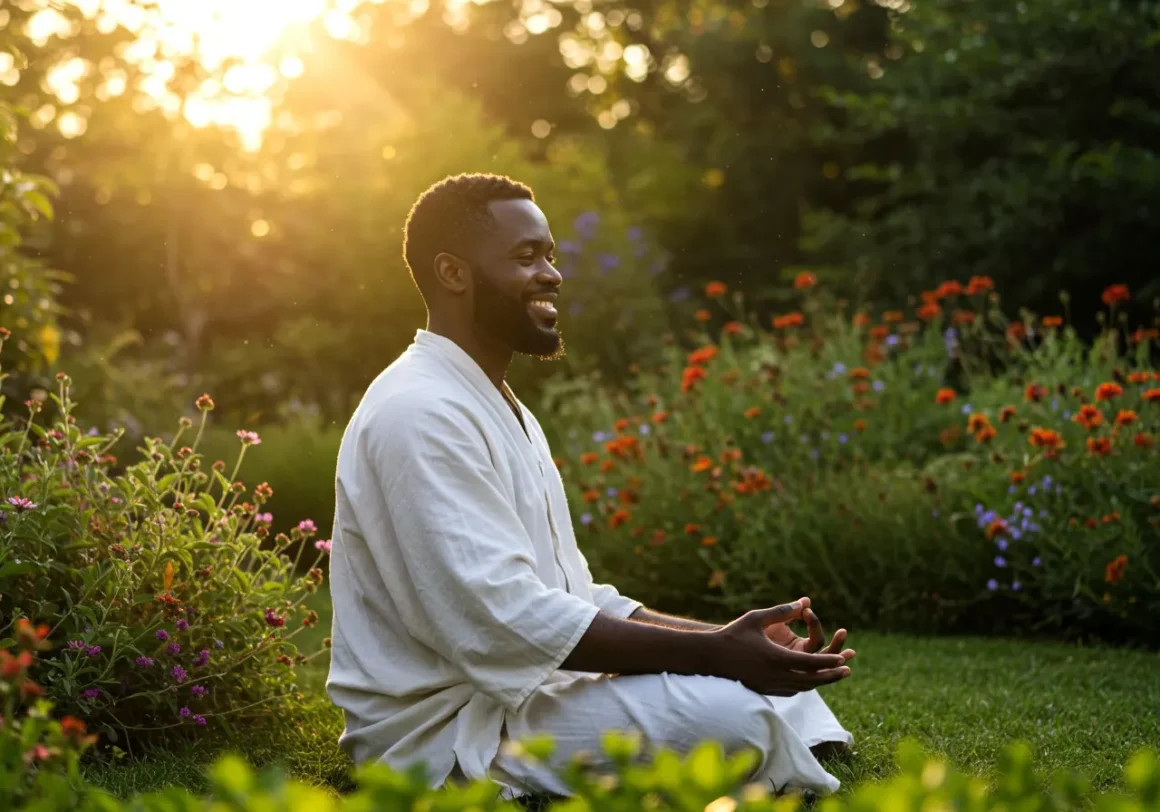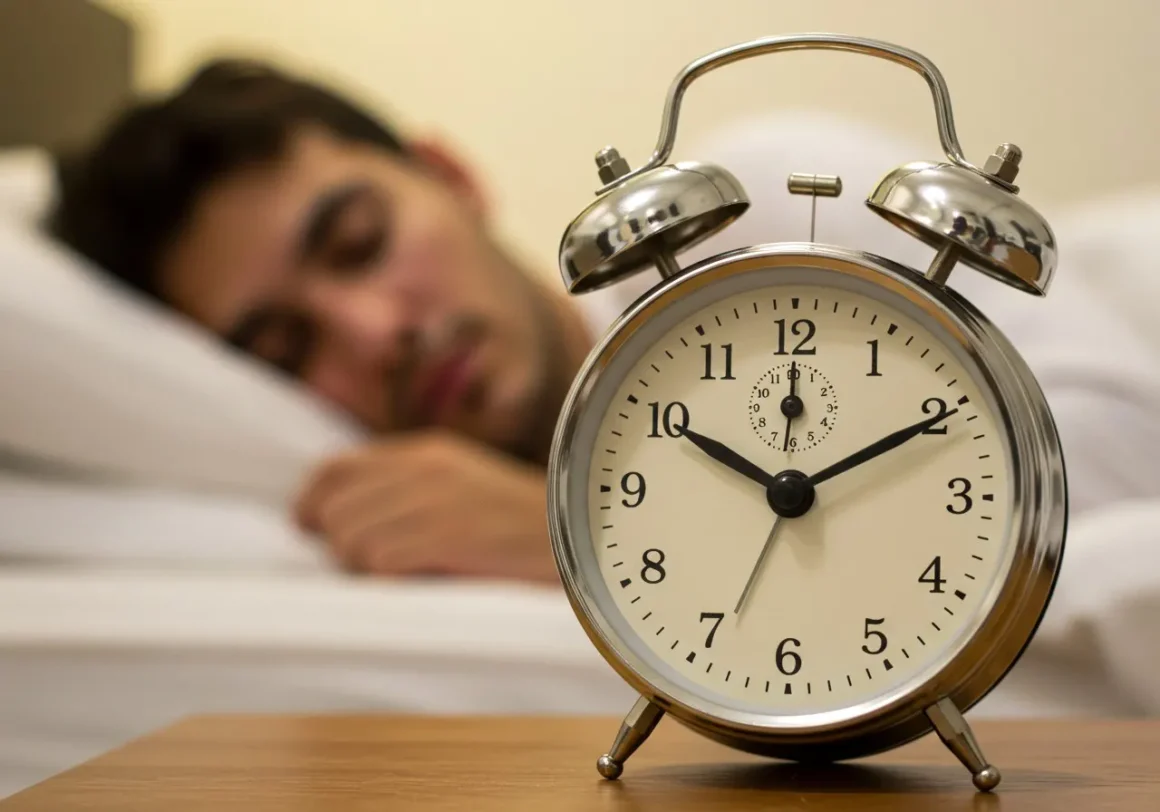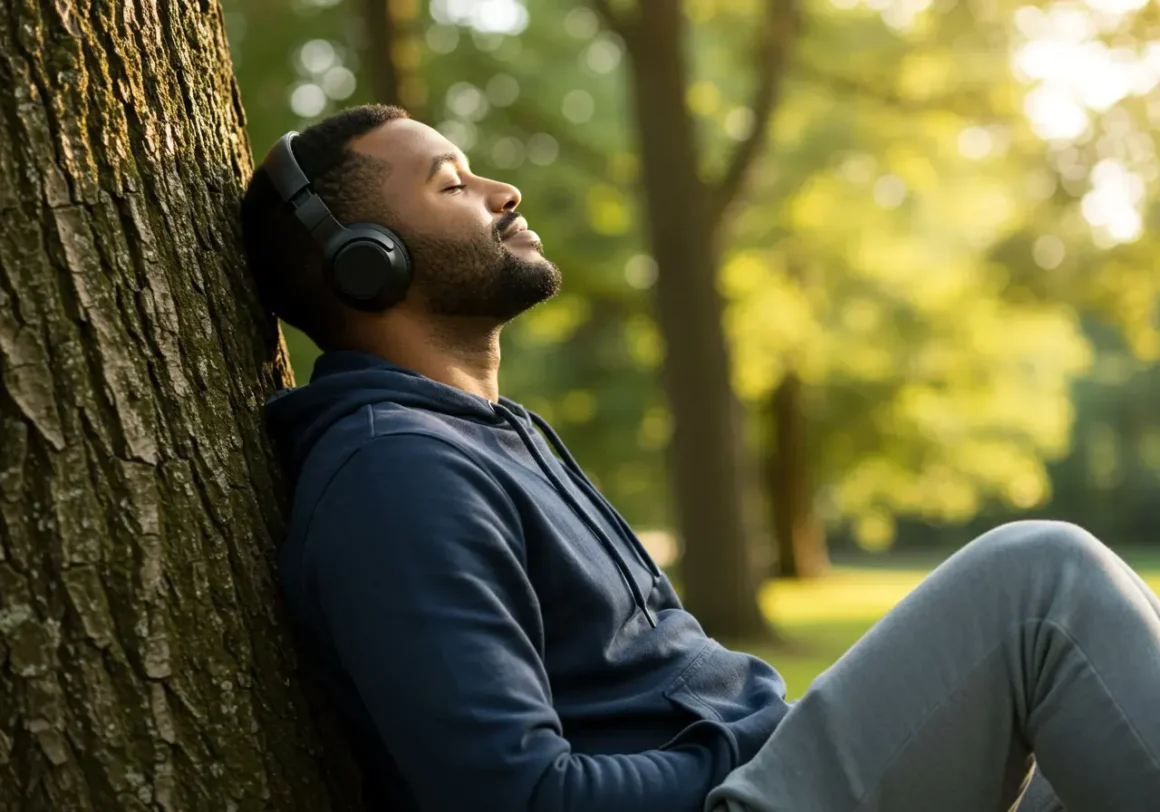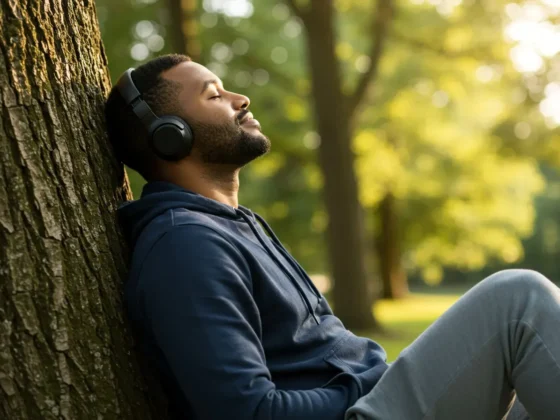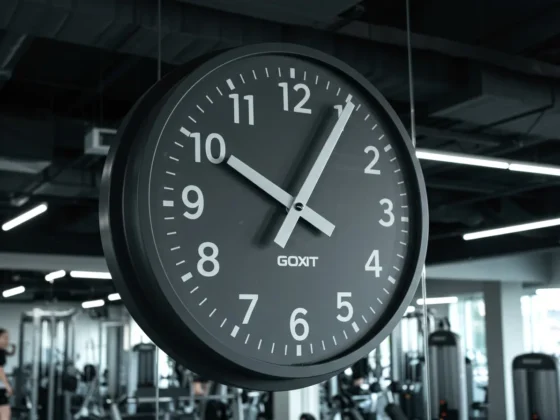Okay Fit Fellows, let’s talk about sleep. Seriously, this is where the real magic happens. We spend a huge chunk of our lives doing it, but how many of us actually treat it like the performance-enhancing, life-optimizing powerhouse it is? We push ourselves hard – in the gym, at work, mentally solving problems – and that effort is only half the equation. The other, arguably more crucial half, is recovery. And nothing, absolutely nothing, beats quality sleep for hitting the reset button and building back stronger.
The Critical “Why”: Sleep as Your Ultimate Recovery Tool
Think of sleep not just as downtime, but as active repair time. When you’re catching those Zs, your body is busy. It’s fixing muscle tissue that was broken down during training, it’s balancing hormones that dictate everything from your mood to your metabolism, and it’s consolidating memories and clearing out mental clutter from your brain. Skimp on sleep, and you’re essentially short-changing your own recovery and growth. It’s like trying to drive a race car with a half-empty tank and worn-out tires – you’re just not going to perform at your best, and you’re setting yourself up for a breakdown.
The consequences of poor sleep ripple through everything. Your reaction time slows down, your judgment gets cloudy, your ability to learn and retain new information takes a nosedive. You’re more irritable, more prone to stress, and significantly more likely to get injured. That sharp mental edge you rely on for problem-solving or quick decisions? Dull as a butter knife.
Getting Ready: What You Need to Get Started
So, how do we flip the script and start using sleep as our secret weapon? It begins with recognizing its importance – truly believing it’s not a luxury, but a fundamental pillar of high performance and well-being. Once you’ve got that mindset shift, the practical steps become much easier to commit to.
You don’t need fancy gadgets (though some can help!), but you do need a commitment and a little bit of intention.
- A Decision: Decide that sleep is a priority. This means sometimes saying no to late-night distractions or early morning alarms that don’t serve your sleep goals.
- Awareness: Pay attention to your current sleep habits. When do you naturally feel tired? When do you wake up? How do you feel throughout the day? Journaling about your sleep for a week can give you valuable insights.
- Environment Check: Take a critical look at your bedroom. Is it conducive to sleep?
- Routine Plan: Think about what your hour before bed looks like and what your morning routine is.
The “How-To”: Implementing Sleep Optimization
This is where we build that solid foundation. These aren’t rocket science, but consistency is key.
- Anchor Your Schedule: This is huge. Aim for consistent sleep and wake times, even on weekends. Our bodies thrive on routine. Going to bed and waking up around the same time helps regulate your internal body clock, the circadian rhythm. It might be tough initially, especially breaking the weekend sleep-in habit, but your body will thank you.
- Craft Your Sleep Sanctuary: Your bedroom should be a cave – cool, dark, and quiet.
- Cool: The ideal temperature is typically between 60-67°F (15-19°C). A slight drop in core body temperature is a signal for sleep.
- Dark: Even small amounts of light can disrupt melatonin production, the hormone that makes you feel sleepy. Blackout curtains or a good eye mask are your friends here.
- Quiet: Minimize noise as much as possible. Earplugs can help if you live in a noisy environment. A white noise machine or fan can also create a consistent, soothing sound masking disruptive noises.
- Develop a Relaxing Wind-Down Ritual: Signal to your body that it’s time to transition from the day’s buzz to rest. This isn’t the time for stimulating activities. Aim for 30-60 minutes before bed. This could include:
- Reading a physical book (not on a screen!).
- Taking a warm bath or shower.
- Gentle stretching or yoga.
- Listening to calm music or a podcast.
- Meditation or deep breathing exercises.
- Be Mindful of Inputs: What you consume and expose yourself to matters.
- Screens: The blue light emitted by phones, tablets, and computers suppresses melatonin. Avoid screens for at least an hour before bed. If you must use them, use blue light filters.
- Caffeine: Know your sensitivity, but generally, avoid caffeine after lunch. Its effects can linger for hours.
- Alcohol: While it might make you feel drowsy initially, alcohol fragments your sleep later in the night, preventing you from getting restorative deep and REM sleep. Limit evening alcohol, especially close to bedtime.
- Food: Avoid heavy meals right before bed. If you’re hungry, a light snack is okay.
- Daylight: Getting exposure to natural light, especially in the morning, helps set your circadian rhythm and tells your body it’s time to be awake. Aim for 10-15 minutes of sunlight shortly after waking up.
- Exercise, But Time It Right: Regular physical activity is fantastic for sleep quality, but intense workouts too close to bedtime can be stimulating. Try to finish strenuous exercise at least 2-3 hours before you plan to sleep.
Tools and Resources That Can Help
While the core principles are key, some tools can support your efforts:
- Sleep Tracking Apps/Wearables: Devices like smartwatches or phone apps can track your sleep duration and quality. Use this data for awareness, but don’t get overly fixated on the numbers – how you feel is the most important metric.
- Blackout Curtains/Sleep Mask: Simple, effective ways to control light.
- White Noise Machine/Fan: Creates a consistent sound environment.
- Meditation/Sleep Apps: Apps like Calm, Headspace, or others offer guided meditations and sleep stories to help you relax.
- Journals: A simple notebook to track sleep times, habits, and how you feel can be very insightful.
- Professional Help: If you consistently struggle with falling asleep, staying asleep, or feel excessively tired despite making changes, consult a doctor or a sleep specialist. There might be an underlying sleep disorder.
The Payoff: Investing in Your Peak Performance
Making sleep a priority isn’t about being rigid or perfect every night. It’s about building sustainable habits that support your body’s natural need for rest and repair. By optimizing your sleep environment and routines, you’re not just investing in feeling less tired; you’re making a direct deposit into your physical resilience, mental sharpness, and overall capacity to perform at your absolute best in every area of your life. It really is one of the most powerful, yet often overlooked, cheat codes available to us. Unlock it, and you’ll unlock a whole new level of potential.

